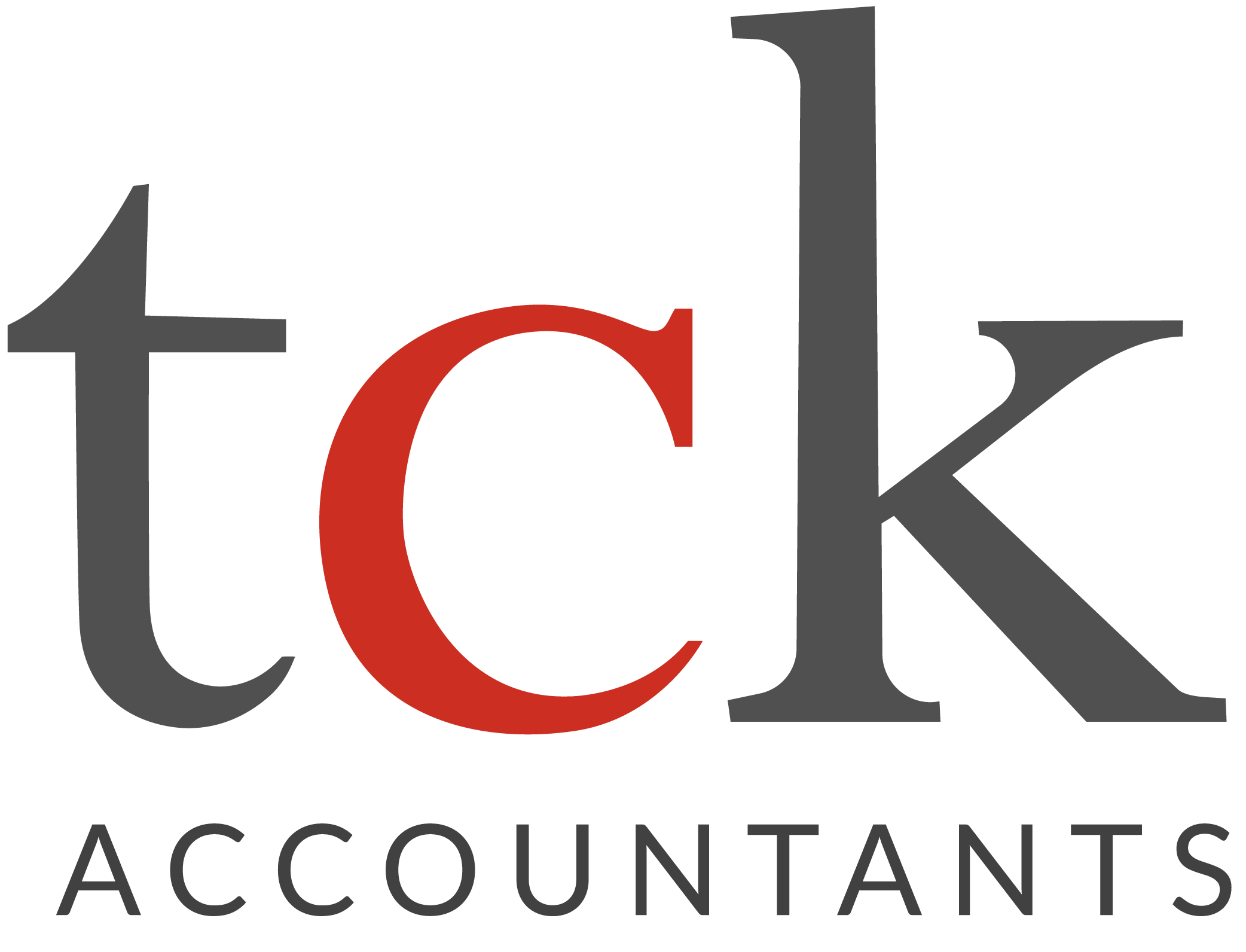We are going talk about GST, aka Goods and Services Tax. This is the 10% tax that is added to most goods and services that you buy.
When do you have to register for GST? Well, if you meet one of these 4 tests you must register within 21 days:
- your business or enterprise has a GST turnover (gross income minus GST) of $75,000 or more
- your non-profit organisation has a GST turnover of $150,000 per year or more
- you provide taxi or limousine travel for passengers in exchange for a fare as part of your business, regardless of your GST turnover – this applies to both owner drivers and if you lease or rent a taxi [Uber drives this includes you!]
- you want to claim fuel tax credits for your business or enterprise.
And what exactly is a GST turnover?
It is your gross business income (not your profit), excluding any:
-
- GST you included in sales to your customers
- sales that are not for payment and are not taxable
- sales not connected with an enterprise you run
- input-taxed sales you make
- sales not connected with Australia
You should generally also exclude any income from the sale of capital business assets.
It is important to note that the turnover tests in 1 and 2 are on a rolling 12-month basis. This means that if in any 12-month period you exceed (or forecast that you will exceed) the threshold you must register. The test does not solely look at a July – June financial year.
Can I just choose to register?
Yes, you can choose to voluntarily register prior to meeting one of the tests.
But why would I want to?
There are a few different reasons…You may have started a new business and expect to reach the GST turnover threshold in the first year. In this case, it is simpler and less confusing for clients/customers if it has always been applied.
You may be expecting to meet the GST turnover threshold very soon and want to manage the change. This could mean aligning the registration to a new financial year or the beginning of a quarter, allowing time to update/implement system changes, provide time to consider any changes to pricing, or merely provide sufficient time to explain the change to ongoing customers.
I have seen business register because they feel it makes them appear more professional and larger than they currently are and see this as important for the image they convey to customers.
Finally, your business may operate in an industry with high costs, which means the business pays a lot of tax. Once you register for it, you not only remit any GST collected you are also entitled to a refund for any you pay. In some industries with high input costs registering and receiving a net refund of it may help to reduce the cost of goods sold and achieve a better margin on sale.
Ok so I’m going to register for GST, do I need to do anything other than just add 10%?
Once you do register for GST there are a few things your business needs to work through:
- Updating pricing
- Setting up a separate bank account (to keep GST collected separately from your trading account)
- Updating invoice templates to include GST
- Updating accounting system to account for GST
- Being aware of which suppliers apply GST and are they issuing valid tax invoices
- When BAS is due to be lodged
So what does this all mean…
If you are considering registering for GST voluntarily, it is important to seek professional advice (I can help!) to ensure this is the right decision for you business, the change is managed appropriately and that you fully understand the reporting requirements and obligations that come with being GST registered.
I will close with a reminder, GST collected was never ‘your income’. Businesses collect GST on behalf of the ATO. You should always price your good/service first and then add the 10% GST. Seek help when looking at GST registration as while whether to register for GST may seem like a simple question, there can be some tax planning around the timing and approach to GST registration.
Information is this article is of a general nature only and is not advice. You must not rely on any information without first seeking advice that is specific to your individual circumstances. Contact us to learn more about your specific business.

